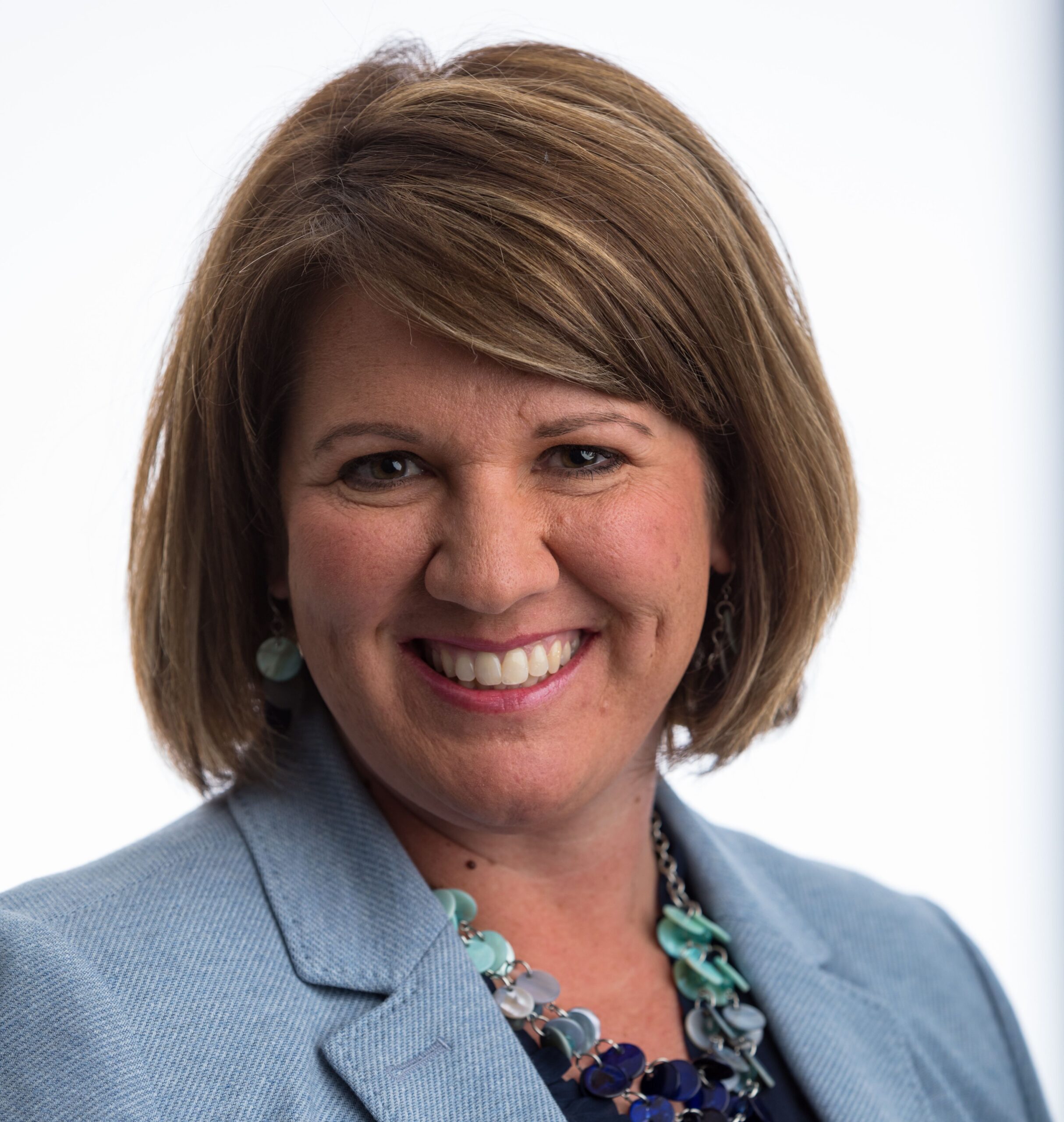“It’s really about understanding what is your way that you uniquely contribute to your business, and most of the time, it’s not going to be where you’re spending most of your time.” Courtney DeRonde
Today, my guest is Courtney DeRonde, a CPA and managing partner of TDT CPAs and Advisors— the boutique advisory and accounting firm for small businesses and nonprofit organizations. The company helps overwhelmed, successful leaders, understand and maximize financial information to achieve better results and move the organizations to the next level.
As the owner of a firm and managing partner, she also has first-hand experience running and scaling a small business. Courtney understands the need to help and teach clients the importance of being more financially literate. When TDT takes on clients, they learn more about their business to become a better partner, not just for a transaction.
The first question that successful business owners ask is, “how does my business make money?” As businesses grow and scale, you get the increased activity that you’re not directly involved with anymore. Therefore, the mindset shift is looking at good information that tells you where your business is making money.
The second question is about cash flow, and it is a shift from how much I have to what is flowing in and out of business over the next few weeks. Continuously looking at that helps eliminate surprises because most financial surprises are not usually positive. This mind shift allows you to be prepared and take action if things don’t look good shortly and not just look at where you stand today.
Our approach with our clients is very much from an educational standpoint, and the goal is to empower them to understand and use the information that we give them to make decisions.
The third question is about determining the highest leverage of time and talents. It’s really about understanding how you uniquely contribute to your business is. Most of the time, it’s not going to be where you’re spending most of your time.
Your product needs to be profitable, but it doesn’t have to be the best. It would be best to focus on the mix of something that you can do profitably and something that people need. Once you get something out there, you can improve it and make it better.
Often, people don’t have accurate information in their heads about costs and overheads just because no one’s helping them understand how all of this information flows. Pricing is a big part of how we help clients with recognizing and getting information around margins.
There’re certain times when it might make sense to lower your margin on a particular bid because of the future opportunities that can come from it. The main thing is knowing your actual margin to avoid paying to do the job instead of getting paid to do it.
If the price is a very sensitive issue, you need to give clients a couple of options. This gives them the opportunity and the agency to decide what they want.

